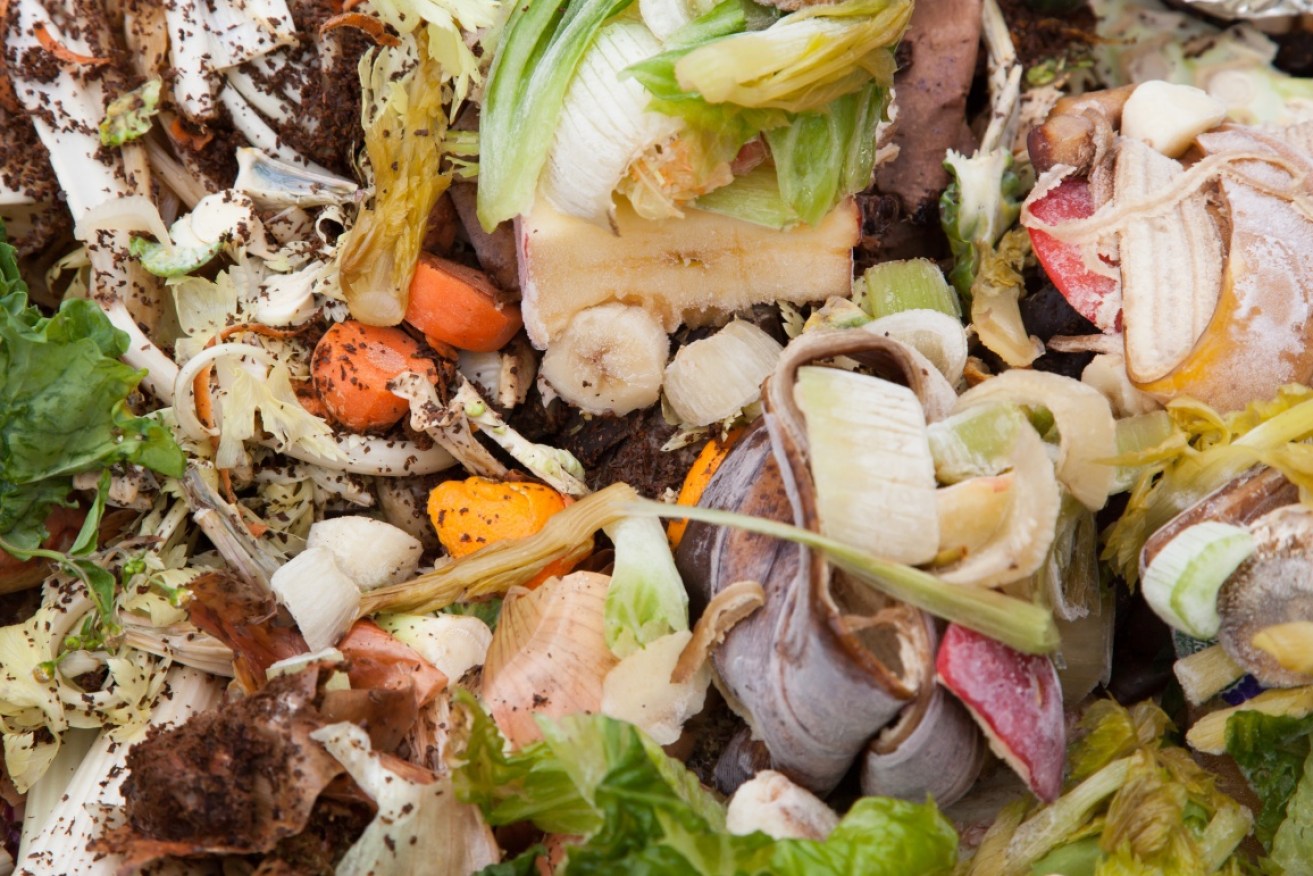One-fifth of world’s food lost to overeating and waste, study finds

Reducing food loss would improve global food security and prevent damage to the environment. Photo: Getty
Overeating is having a bigger impact than simply affecting waistlines – the world’s population is consuming around 10 per cent more food than it needs, while almost 9 per cent is thrown away or left to spoil, a new study has found.
Efforts to reduce the billions of tonnes lost could improve global food security, ensuring everyone has access to a safe, affordable, nutritious diet, and help prevent damage to the environment, the University of Edinburgh team says.
Scientists at Edinburgh examined 10 key stages in the global food system, including food consumption and the growing and harvesting of crops, to quantify the extent of losses.
Using data collected primarily by the UN’s Food and Agriculture Organisation, the team found that more food was lost from the system than was previously thought.
“Reducing losses from the global food system would improve food security and help prevent environmental harm. Until now, it was not known how over-eating impacts on the system,” Dr Peter Alexander, from the university’s School of GeoSciences and Scotland’s Rural College, said.
“Not only is it harmful to health, we found that overeating is bad for the environment and impairs food security.”
Almost half of harvested crops – or 2.1 billion tonnes – are lost through over-consumption, consumer waste and inefficiencies in production processes, researchers say.
A Rabobank report in September said Australians wasted $10 billion in food every year, with the national food waste figure increasing on the previous three years.
Livestock production is the least efficient process, with losses of 78 per cent, or 840 million tonnes, the University of Edinburgh team found.
Some 1.08 billion tonnes of harvested crops are used to produce 240 million tonnes of edible animal products including meat, milk and eggs.
This stage alone accounts for 40 per cent of all losses of harvested crops, researchers say.
Increased demand for some foods, particularly meat and dairy products, would decrease the efficiency of the food system and could make it difficult to feed the world’s expanding population in sustainable ways, researchers said.
Meeting this demand could cause environmental harm by increasing greenhouse gas emissions, depleting water supplies and causing loss of biodiversity.
Encouraging people to eat fewer animal products, reduce waste and not exceed their nutritional needs could help to reverse these trends, the team said.








